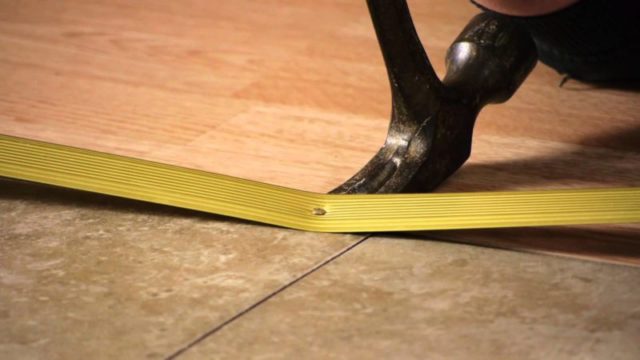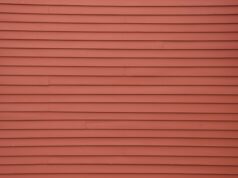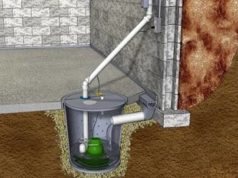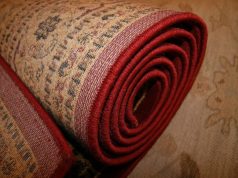Like everything you own, things last longer when you take better care of them. Whether it’s that old antique car you spent ages fixing up or your favorite pair of shoes you continually polish, how long something lasts depends on how much attention you give it. The same thing can be said of your flooring.
As with many homeowners, knowing the right time to replace certain appliances, furniture, machinery and other household items seems like a mystery. The washing machine, refrigerator, and even the paint on the walls all have a shelf life. Same can be said for your flooring.
As aesthetically pleasing as it may be, your floor will need to be replaced at a certain point. The longevity of your floors will be contingent upon on what type of product you select and the type of exposure it receives to foot traffic. Here’s a breakdown of the lifespan of different flooring materials.
Carpet
Carpet may sound appealing in the sense that everyone enjoys having a plush surface to rest their toes upon. What most individuals fail to take into account, however, is the degree of difficulty involved in cleaning your floors, and the amount of debris, dirt, and hair that nestle deep into the fibers over time. Depending on the quality of carpeting you select for your home, experts typically recommend replacing it every 7-10 years.
Of course, a lot can be accomplished with deep cleaning, but carpet can be cumbersome to maintain, especially with kids. Accidents happen and spilled wine or bleach can potentially create a permanent stain on your floor.
Hardwood Flooring
Hardwood flooring lasts a lifetime. You will most likely only need to refinish your floors after years of enjoyment to rejuvenate the natural wear and tear that dulls the surface.
It’s important to note that hardwood floors are highly prone to scratching and thus, you will need to buff scrapes out every few years. Large replacement projects are extremely costly and aren’t necessary unless the floor has been exposed to heavy, unexpected damage.
Laminate Flooring
Laminate floors can relinquish the same visual appeal that hardwood floors emit, except without the costly price tag that goes along with it. While this option is better suited to withstand scratches and unwanted bleaching from UV exposure, it also prone to gapping, lifting, and peeling.
These issues can be fixed, but eventually, you will need to replace your flooring. Without abusing your floors too much, the laminate should be able to last between 7 and 10 years.
Tile Flooring
Tile flooring is most frequently seen bathrooms and kitchens. Tile not only creates an artistically chic ambiance, but it’s also highly durable. By electing to install quality tiles and making sure to perform proper maintenance, tile flooring can last over thirty years.
You will need to stock your supply closet with a couple of spare tiles in case one comes loose over time, but otherwise, this type of flooring is praised for its longevity factor.
There are many things to consider when choosing a home. Depending on whether you’re there for a few years or a lifetime, you want to make sure you select a floor that is both cost-effective and appealing to the eye.








